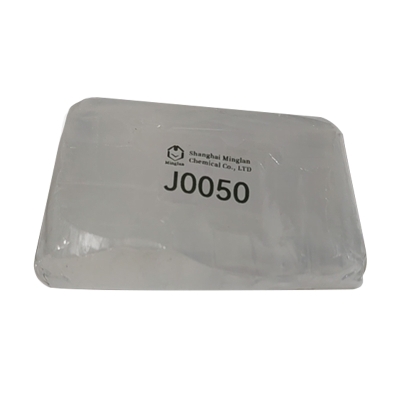-
Categories
-
Pharmaceutical Intermediates
-
Active Pharmaceutical Ingredients
-
Food Additives
- Industrial Coatings
- Agrochemicals
- Dyes and Pigments
- Surfactant
- Flavors and Fragrances
- Chemical Reagents
- Catalyst and Auxiliary
- Natural Products
- Inorganic Chemistry
-
Organic Chemistry
-
Biochemical Engineering
- Analytical Chemistry
-
Cosmetic Ingredient
- Water Treatment Chemical
-
Pharmaceutical Intermediates
Promotion
ECHEMI Mall
Wholesale
Weekly Price
Exhibition
News
-
Trade Service
According to a report by EnergyWorld.
After falling 90% in the past ten years, the price of solar modules has risen by 18% since the beginning of this year.
According to Jenny Chase, chief solar analyst at BloombergNEF, a clean energy research organization, the disruption to solar energy is the worst in more than a decade.
Solar panel manufacturer Canadian Solar Inc.
Wood Mackenzie analyst Xiaojing Sun said that if users are unwilling to pay higher electricity bills, projects that have not signed a price agreement with the utility company that purchases the electricity may be delayed.
For the solar industry, the timing cannot be worse.
At the core of this crisis is polysilicon, a super-refined silicon, one of the most abundant substances on the planet, usually found on the beach.
Hao Fen Translated from Energy World Network
The original text is as follows:
Solar power's decade of falling costs is thrown into reverse
A key selling point that made solar energy the fastest-growing power source in the world—rapidly decreasing costs—has hit a speed bump.
Solar module prices have risen 18% since the start of the year after falling by 90% over the previous decade.
"The disruption to solar hasn't been this bad in more than a decade," said Jenny Chase, lead solar analyst with clean energy research group BloombergNEF.
Higher prices are affecting demand and may delay some large-scale projects, panel-maker Canadian Solar Inc.
Projects that haven't signed price agreements with utilities that buy the power might get delayed unless the customer is willing to pay a higher rate for the electricity, according to Xiaojing Sun, an analyst at Wood Mackenzie Ltd.
For the solar industry, the timing couldn't be worse.
At the center of the crisis is polysilicon, an ultra-refined form of silicon, one of the most abundant materials on Earth that's commonly found in beach sand.







